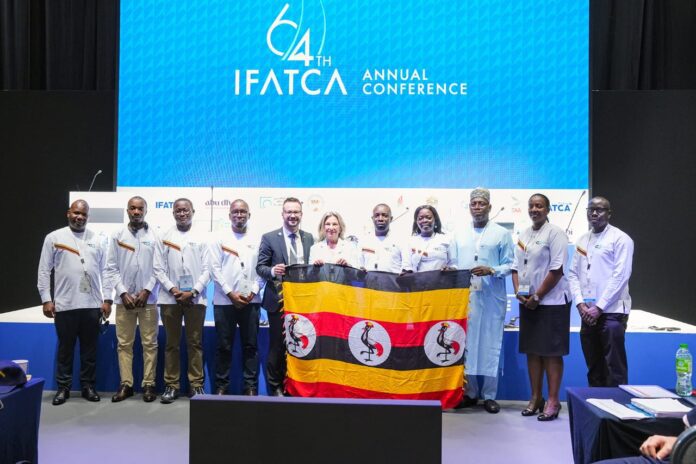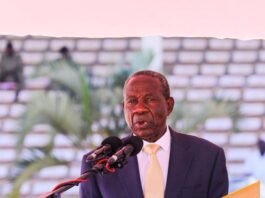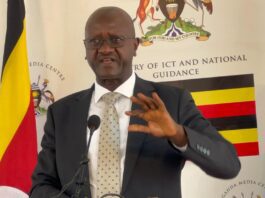Uganda has been officially selected to host the 66th International Federation of Air Traffic Controllers’ Associations (IFATCA) Annual Conference in 2027, a milestone achievement for the country’s aviation sector.
The announcement was made on Friday, May 2, 2025, during the closing ceremony of the 64th IFATCA Conference held in Abu Dhabi, United Arab Emirates.
Uganda secured the hosting rights after a compelling and well-prepared presentation by the Uganda Air Traffic Controllers’ Association (UGATCA), which received wide acclaim from delegates around the world.
Ms. Helena Sjöström Falk of Sweden, President and CEO of IFATCA, praised Uganda’s bid and extended her congratulations.
“We are very happy to announce that Uganda will host the 66th IFATCA Conference in 2027. Congratulations to UGATCA for the excellent bid,” she stated.
She was joined by IFATCA Deputy President Jean-François Lepage from Canada for a commemorative photo with the Ugandan delegation, which included Tonny Ssenkubuge, Abeko Miriam, Agaba Timothy, Luggya Vianney, Ngabirano Modern, Joan Tushabe, Buyinza Mathias, and Ntugwa Medard, who each contributed to Uganda’s successful bid in Abu Dhabi.
The selection marks a significant milestone for Uganda’s aviation industry, signaling international recognition of its growing capabilities in air traffic management and aviation safety.
“This is a proud moment for our country and our aviation sector,” said a member of the Ugandan team. “Hosting this global event demonstrates Uganda’s readiness to lead and engage in the future of air traffic control.”
The IFATCA Annual Conference is a premier global platform uniting air traffic controllers, aviation experts, regulators, and industry leaders to address critical topics such as air traffic management, safety, technological advancements, working conditions, and professional development. Recent conferences were held in Singapore (2024) and Abu Dhabi (2025), highlighting the event’s global reach.
Uganda’s hosting of the 2027 conference is expected to spotlight its aviation capabilities, foster international collaboration, and drive advancements in air traffic control, further solidifying its role as an emerging leader in the sector.










